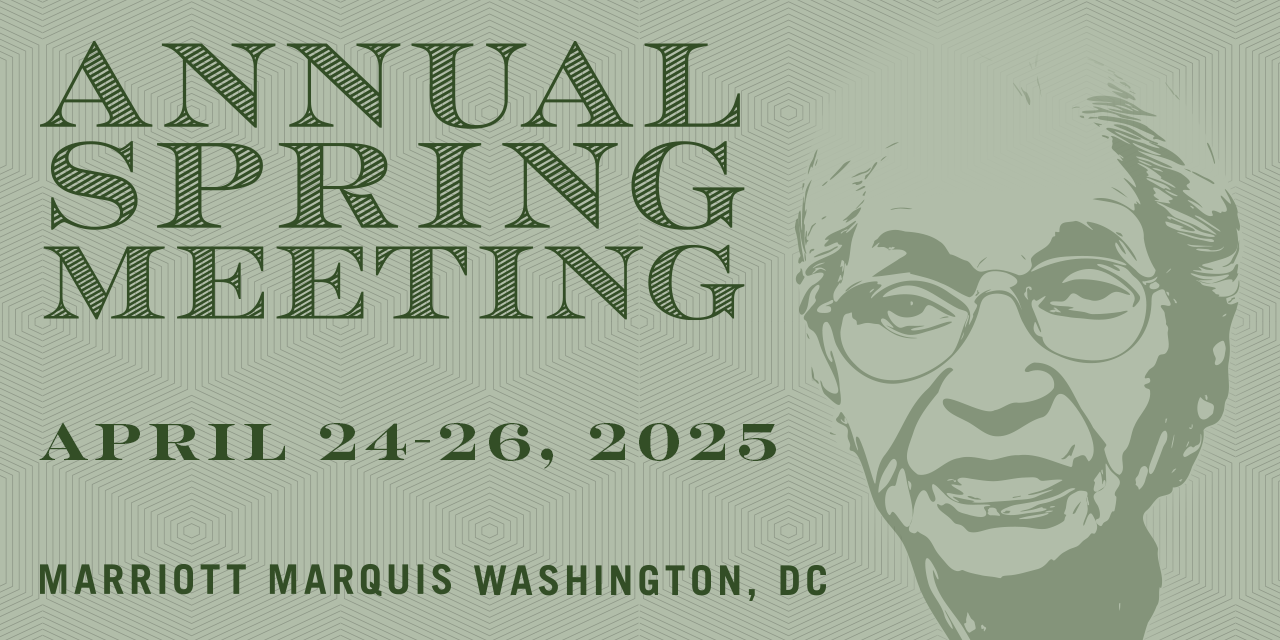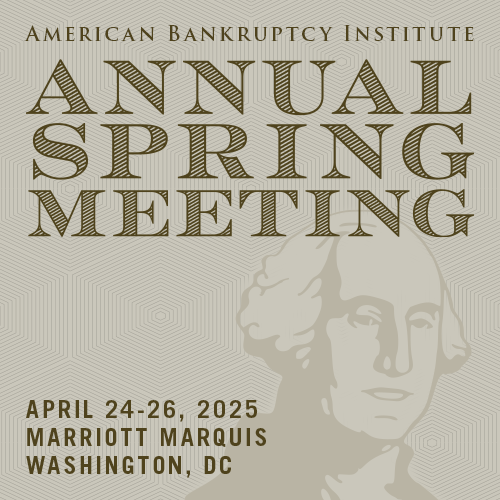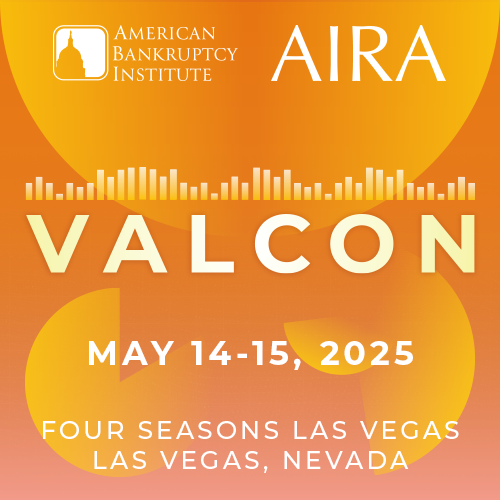| The first step you take as an attorney may be to bring in a new matter, but the essential second step is to ensure that the representation is proper. Accordingly, it is important to understand the requirements of the Bankruptcy Code and other guidelines relating to disclosures, conflicts and, ultimately, retention.
While courts generally accord a significant amount of weight to a debtor’s choice of counsel, the statutory and ethical obligations of the Bankruptcy Code, applicable ethics codes and local laws can result in insurmountable conflicts and other barriers that a debtor and its proposed counsel cannot overcome. As seen in the recent cases of In re Enviva Inc. and In re Invitae Corp., courts have ample discretion in applying the retention requirements of the Bankruptcy Code to determine what constitutes a disqualifying conflict.
Section 327(a) of the Bankruptcy Code provides that debtors in possession may, with court approval, employ professionals who “do not hold or represent an interest adverse to the estate, and are disinterested persons[.]” “Disinterested persons” are defined as those who, among other requirements, do “not have an interest materially adverse to the interest of the estate or any class of creditors or equity security holders by reason of any direct or indirect relationship to, connection with, or interest in, the debtor, or for any other reason.”
In contrast, the Bankruptcy Code does not define what it means for an interest to be “adverse,” so courts look to case law to determine its meaning. For example, the court in Enviva defined “adverse interest” as either “(1) the possession or assertion of any economic interest that would tend to lessen the value of the bankruptcy estate or create an actual or potential dispute with the estate as a rival claimant, or (2) a predisposition of bias against the estate.” The Invitae court adopted a narrower definition, however, limiting “adverse interest” to solely “any economic interest that would tend to lessen the value of the bankruptcy or that would create either an actual or potential dispute in which the estate is a rival claimant.” In making its determinations, each court also considered § 327(c), which provides that a party is
“not disqualified for employment under this section solely because of such person's employment by or representation of a creditor, unless there is objection by another creditor or the United States trustee, in which case the court shall disapprove such employment if there is an actual conflict of interest.”
|







